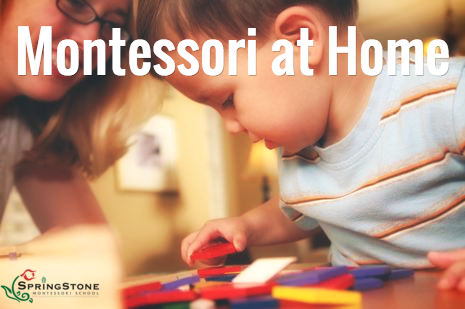The importance of the ‘annoying’ WHY questions

The important, while possibly annoying, WHY questions

When you watch your child, do you ever feel that their curiosity does not seem to end? How many questions does your child ask you on your ride to and from school? Do you feel exhausted answering the multitude of questions your child has? Do you ever resort to the ‘because I said so’ response when you are tired of answering one more question?
The ‘Why?’ question is a vitally important question.
It is important to understand what motivates children to ask these questions, and knowing what to say in return, is incredibly valuable. There are three important reasons for children asking questions.
Three Reasons Behind ‘Why?’

The purpose behind a child’s question may be to:
- gain attention,
- overcome a fear,
- and to create understanding.
Let’s take a closer look at each of the three reasons.
Your child is asking questions to gain attention.
There are many times in a day where you are preoccupied with specific tasks, and may wonder, ‘Why are these questions coming now? Where do so many different iterations of questions come from? When will the questions stop?’
Your child loves direct interaction with you! And you may think, well, these questions always happen when you are busy, when you are at the supermarket, preparing dinner, on the phone, driving, or at bedtime, whenever your attention is not strictly focused on your child.

Regardless of the question at hand, the desire for attention needs to be addressed. It is important for you to find a time and place to get down on your child’s level and answer their question.
Involve your child in what you are doing would be the best opportunity for a great teachable moment while still getting tasks done! Your child learns new skills, and you answer their questions. This way you remove the need for your child to manipulate you in giving attention and your connection with your child strengthens at the same time.
Your child is asking questions to help overcome a fear!
Think about how many new situations your child faces throughout childhood. Does your child come up with an infinite number of questions when faced with new situations? It could be that your child is ready to start learning a new sport, take part in a performance for the first time, start a new school, etc.

When you realize that your child is embarking upon a new adventure, and perhaps with this new territory comes some anxiety about the unknown. Your child’s ‘Why’ questions and the need for answers and reassurance are your child’s way of reaching a comfort level and help them overcome their own anxiety and/or fear. Your support, both expressed verbally and physically with a big hug will demonstrate your connection, your belief in and love for your child, and questions will likely dissipate.
Your child is asking questions to gather understanding.
Let’s take a playdate at the park as an example. Your child is telling you about the other child’s actions by asking you a lot of ‘Why’ questions, such as ‘Why won’t he take turns? Why isn’t he using his words? Why did he take that toy from me?’
Looking at this situation, your child is trying to make sense of and understand the other child’s behavior. Your child is trying to figure out if this friend’s behavior is acceptable or not, and your child needs your support to validate their own understanding.
While we take time to explain the intricacies of the world at large to our children, we also need to take the time to rationalize why we expect the behaviors we do. Why do we ask them to keep their hands to themselves? We don’t want anyone to get hurt. Why do we ask them to use their words? It helps us to better understand them. Why do we ask them to share? It allows others to enjoy a turn as well. Asking your child to behave in a specific way and expecting them to be okay with other people’s behaviors is impractical unless we can give them reasons for the specific actions.

Your child’s observations are healthy and necessary for their growth. The more patient and interested you can be during these brief periods, the more our child benefits. It is important to remember that every time we dismiss what our children are telling us about another child’s behavior, we dismiss a social learning opportunity.
Why, Why, Why?
The next time your child starts asking questions, allow yourself to pause for a moment or two. See if you can define what is behind their question. Give yourself and your child the time to connect, to be heard, and to learn together.


